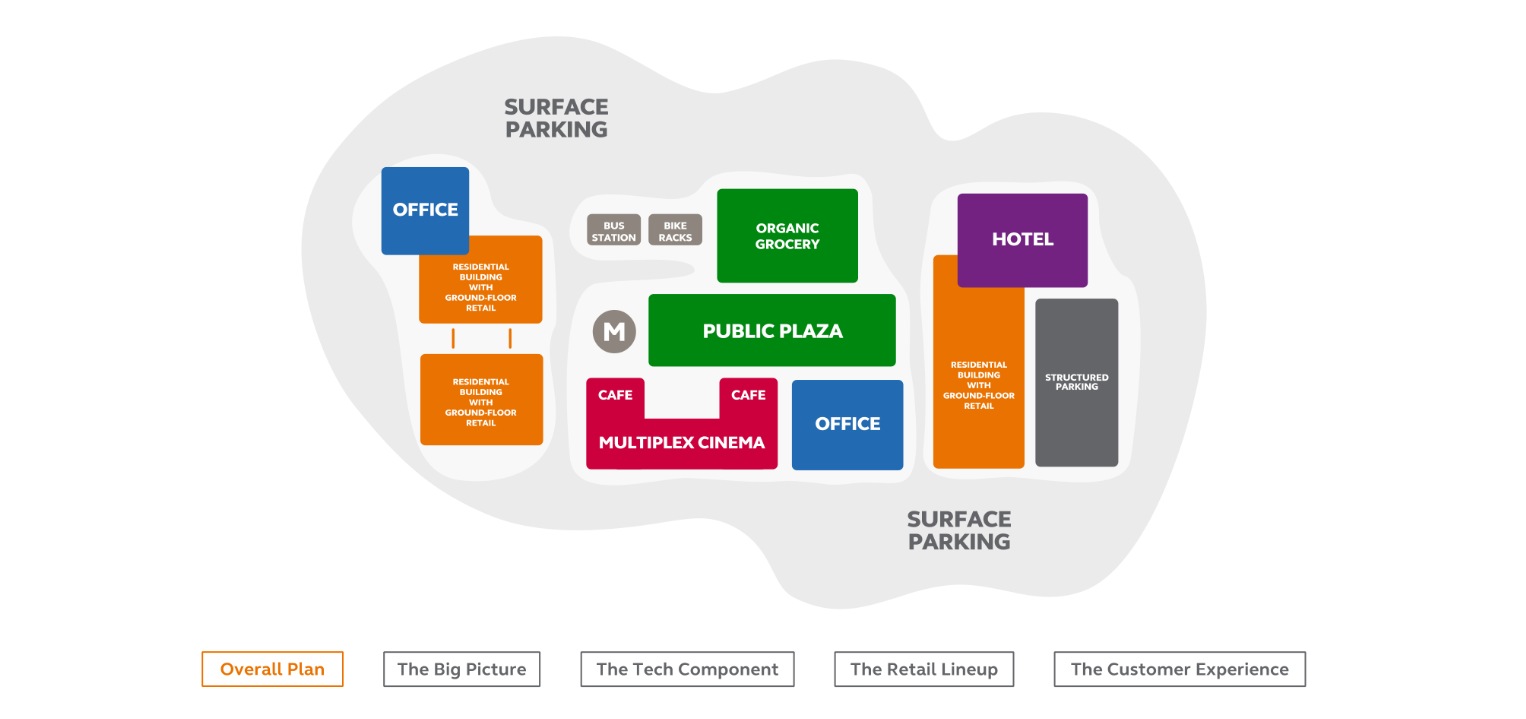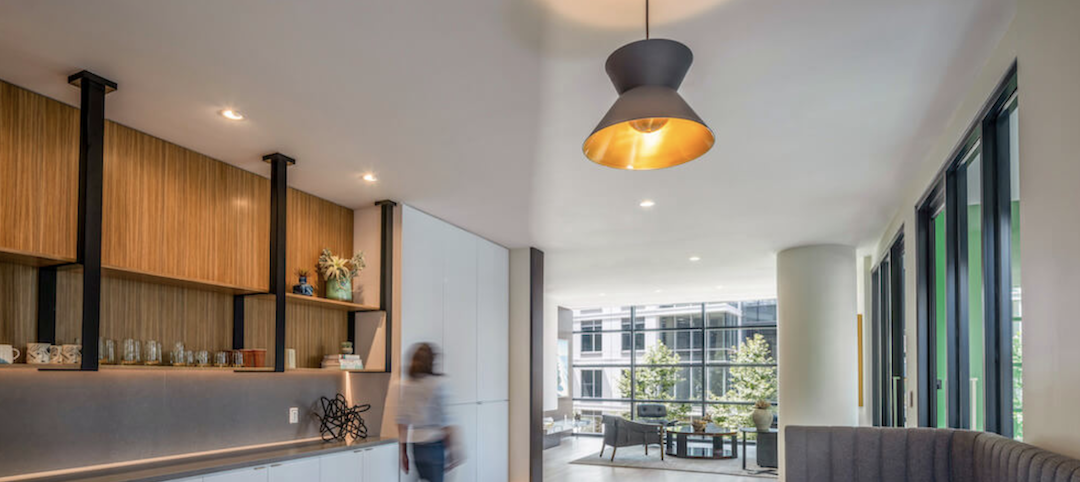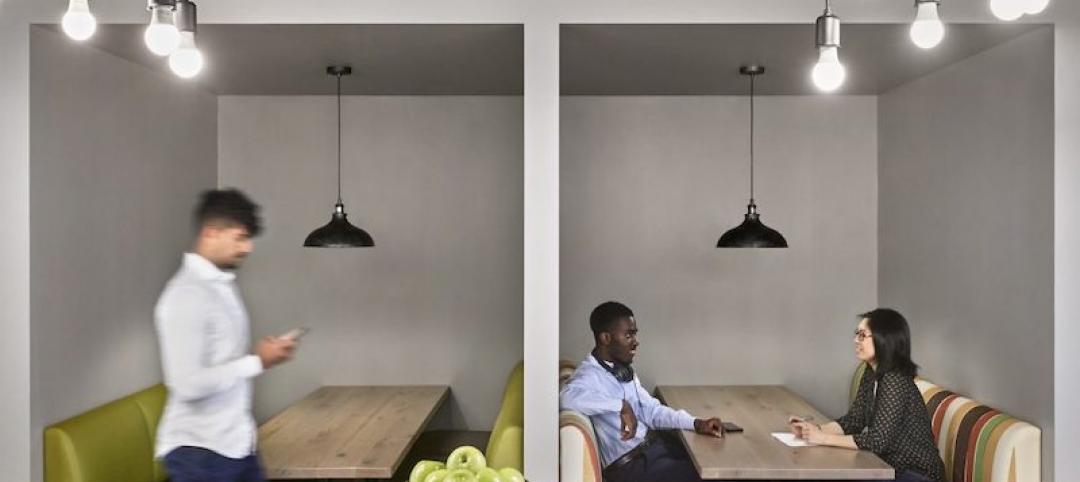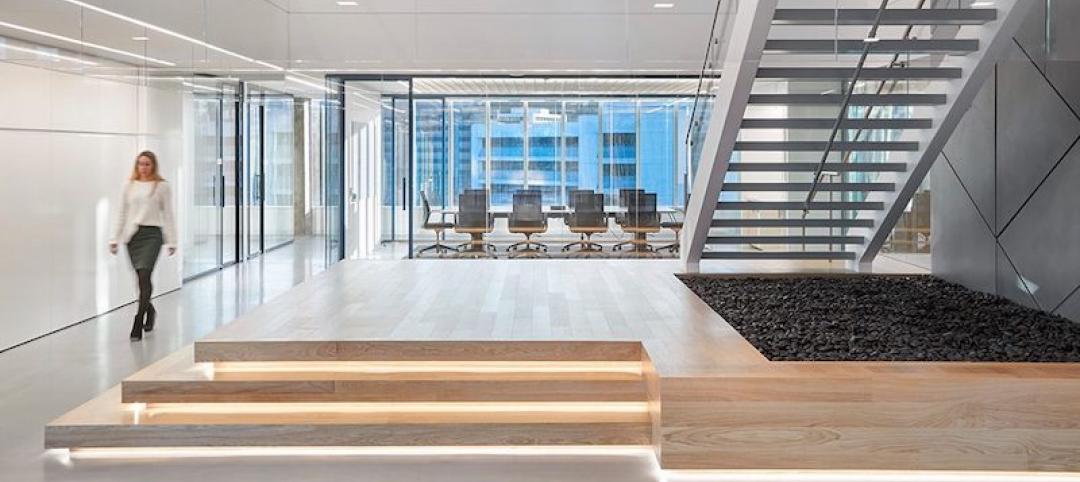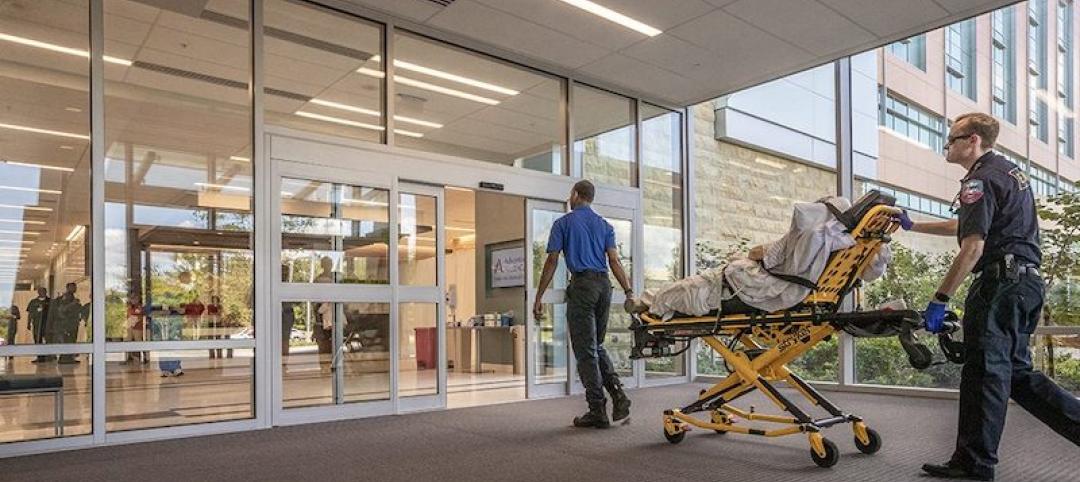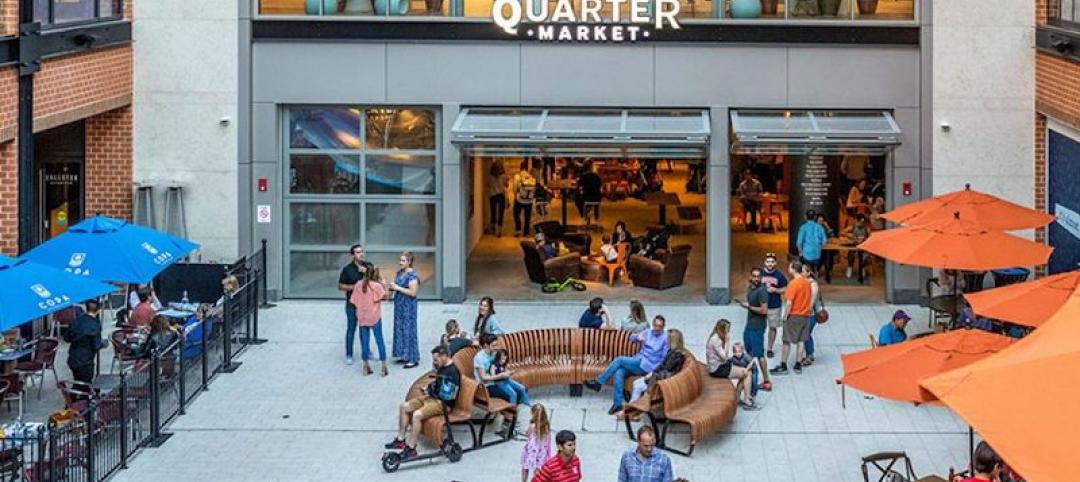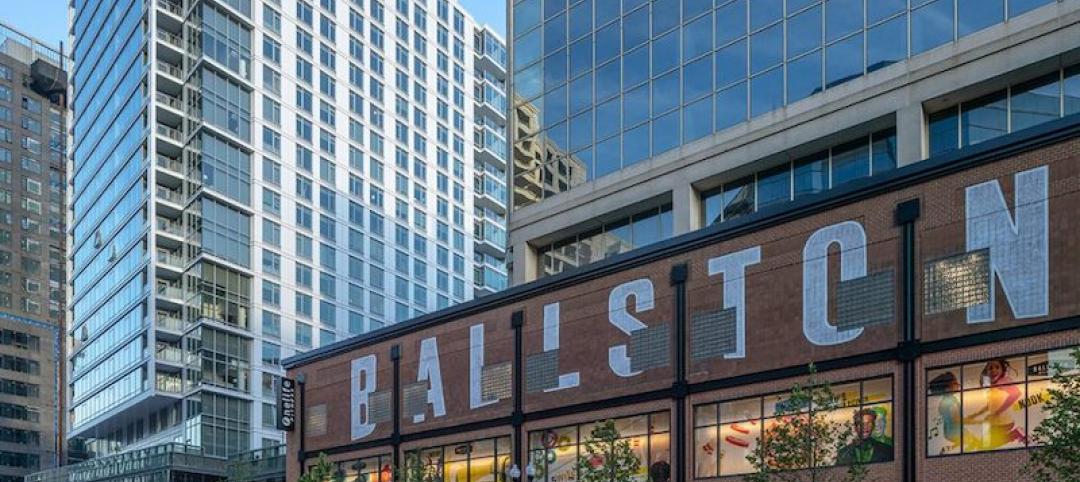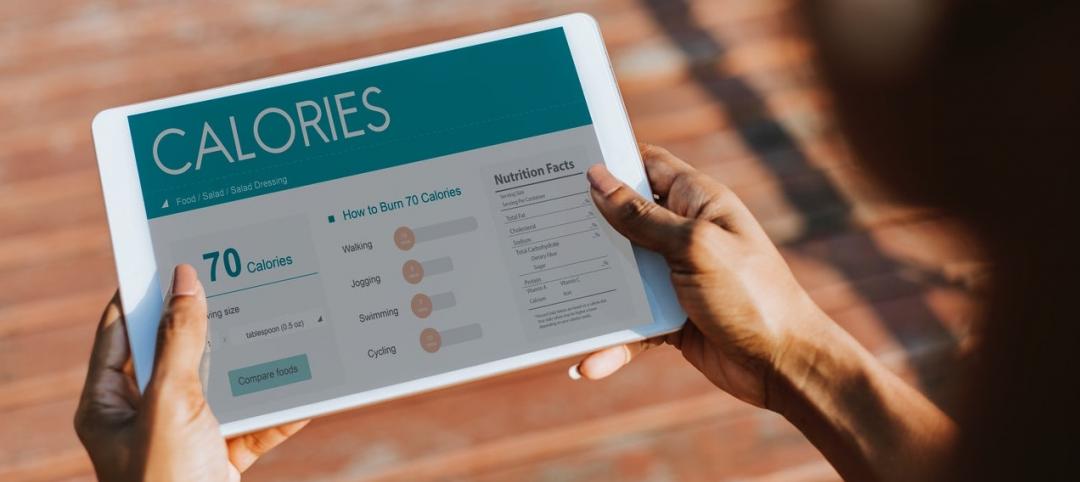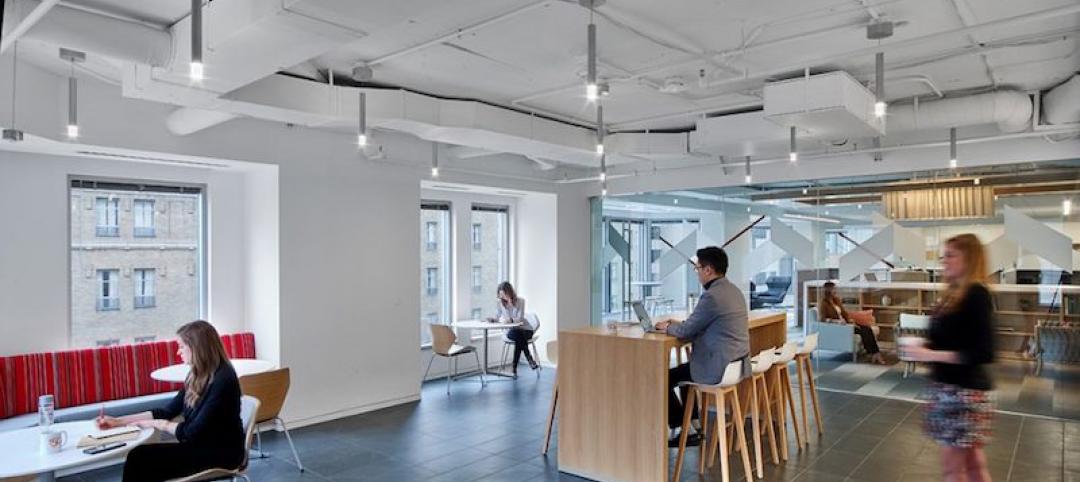Though in-store is still the preferred shopping method for the majority of consumers, the strength of e-commerce and the impact of technology continue to rise. As shopping center owners and operators look to use technology in innovative ways to support their brick-and-mortar tenants, how do developers balance creative digital solutions with economic feasibility?
The truth is that developers have largely lagged behind in gathering analytics in comparison to their retail tenants. However, developers have a unique advantage when it comes to consumer insight, and there are many available tools for harvesting this data and understanding shopper behavior on an individual level. Since retailers are limited to tracking data only on consumers who come into their stores, developers can be a valuable resource for statistics on overall consumer traffic, dwell time and purchase behaviors. Empowered by this information, retailers can tailor their approach to fit their target customer base.
- 71% of shoppers report that if an item they want is available online or in a nearby store, they prefer to shop in the store [source: TimeTrade™, Jan 2016]
- People who use digital while they shop in-store convert at a 20% higher rate compared to those who do not use digital as part of the shopping process [source: Deloitte, May 2015]
- Retail decision makers’ top three technology investments for 2016 are Point-of-Sale technologies (65%), social selling (63%) and analytics (49%) [source: TimeTrade™, Jan 2016]
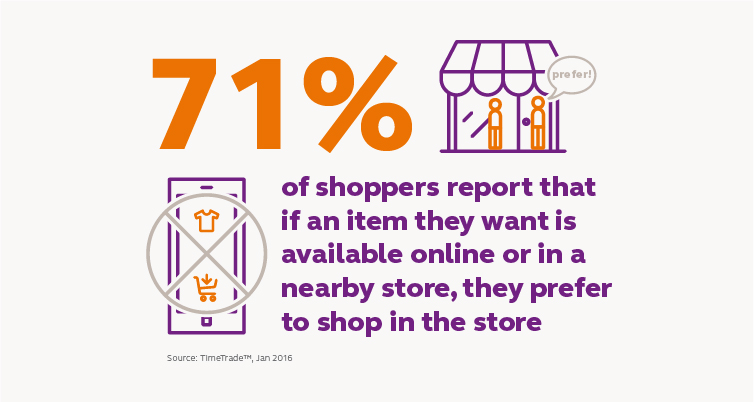
Inspire shoppers through technology
When it comes to using technology to capture shopper analytics, some developers have excelled at proper digital integration that improves customer service and increases dwell time.
Smart Park and Seamless Shopping
One of the biggest sources of consumer complaints is simply the time spent getting into a shopping center—navigating through large parking lots or complex garages can deter even the most patient person. Westfield London is looking to change this by installing a smart park and shopping app system that recognizes a shopper’s license plate at the entry gate and directs them to the nearest parking spot via smartphone navigation. Once inside, shoppers continue to be escorted by blue dot mobile technology to a particular store or product. And the perks don’t stop there: using the CollectPlus app, purchases can be retrieved or returned via a dedicated lounge, and consumers are rewarded with one hour of free parking and complimentary refreshments. Westfield uses a customer’s recent browsing history to help create this curated experience, which will be rolled out to its US locations soon.
Get Personal
In an effort to bridge the online with the physical shopping experience, DigitasLBi Paris and real estate investment company Klépierre created the Inspiration Corridor, a large booth that offers users a personalized digital shopping experience. Shoppers step into the booth and undergo a complete body scan as the Inspiration Corridor takes note of their age, sex and current ensemble. From there, it generates digital displays of items located in the mall that the customer might be interested in with the ability to buy on the spot. The Inspiration Corridor can also scan prior purchases and suggest complementary clothing or accessories. The Klépierre mobile app even uses Apple’s iBeacon technology to pull up a mall floor plan and direct shoppers to selected items.
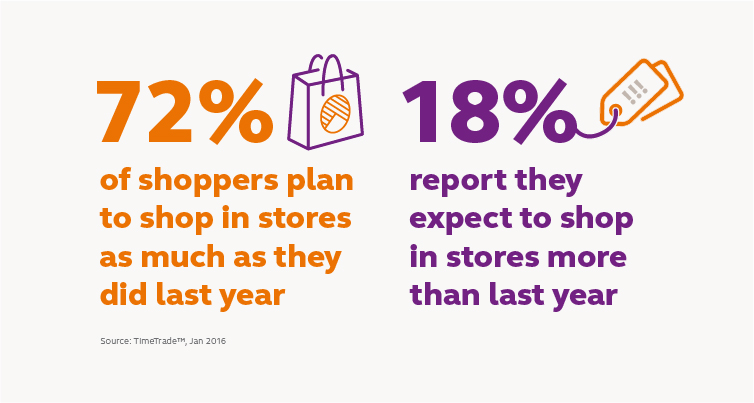
Keep Inventing
The key to success is to deliver more than goods. In order to remain economically viable in a competitive market, developers must evolve digital commerce to provide more valuable in-store consumer experiences and give retailers the power to customize their offerings.
1. Customize the Experience: Leave No Touchpoint Untouched
- Provide consumers with the necessary tools to personalize products and surprise them by anticipating their needs (beginning with the discovery stage, and even after purchase).
- Before investing a lot of money into digital platforms, make sure there are data to show that the customer base and retail tenants will use it.
- A blanket marketing strategy for all properties within a portfolio doesn’t work anymore. Use analytics and data to shape a localized marketing effort and draw consumers.
- Use data tracking to better understand consumer behavior and increase sales.
- Establish trust: have a solid plan for protecting and controlling the use of personal data and clearly communicate it to customers.
2. Streamline the Journey
- Offer rewards programs for in-store purchases that can also be used for online purchases.
- Provide smart park solutions and wayfinding so that consumers spend more time shopping and less time navigating.
- Knowledge is power! Share analytics with retailers to create a holistic, seamless shopping experience.
More from Author
CallisonRTKL | Dec 20, 2021
Digital nomads are influencing design
As our spaces continue to adapt to our future needs, we’ll likely see more collaborative, communal zones where people can relax, shop, and work.
CallisonRTKL | Jun 30, 2020
The great reset and our new work life
As many countries begin to return to the office, it’s a chance to ask ourselves: what do we truly value?
CallisonRTKL | May 4, 2020
How working from home is influencing design
The lessons learned in the next few months can help shape how we work and design in the future. For now, remote work is different – and our new normal.
CallisonRTKL | Feb 26, 2020
Sustainability in a material world
The concepts of embodied carbon, zero waste, and deconstruction and reuse often run on parallel tracks.
CallisonRTKL | Jan 30, 2020
The complex dance of healthcare transitioning
Hospital employees, though excited about technological advancements, are expected to navigate a new workplace and care for their patients at the same time, all while training on new equipment and navigating a new building.
CallisonRTKL | Jan 6, 2020
Retail re-invention: Five questions to ask
Why have some malls survived their long-predicted demise, thriving and bumping with new generations of shoppers, while others have been relegated to the ash heap of deadmalls.com?
CallisonRTKL | Aug 6, 2019
Saving the American mall in 5 steps
CallisonRTKL Vice President Marc Fairbrother explains how struggling American malls can turn it all around.
CallisonRTKL | May 29, 2019
Smart buildings can optimize wellness
Employees want wellness initiatives built into their work experience, especially when they’re in spaces that can leave them feeling stiff, stressed, and sick.
CallisonRTKL | Apr 5, 2019
2019 trends in the workplace
From retention and career advancement to the ethics of inclusion and diversity, these five trends will play a major role this year in design, strategic planning and workplace development.
CallisonRTKL | Jan 28, 2019
9 tech trends to track in 2019
Innovations in voice recognition, cognitive neuroscience, and biometrics are among the trending tech topics for 2019, according to CallisonRTKL's Kristin Tilley.

